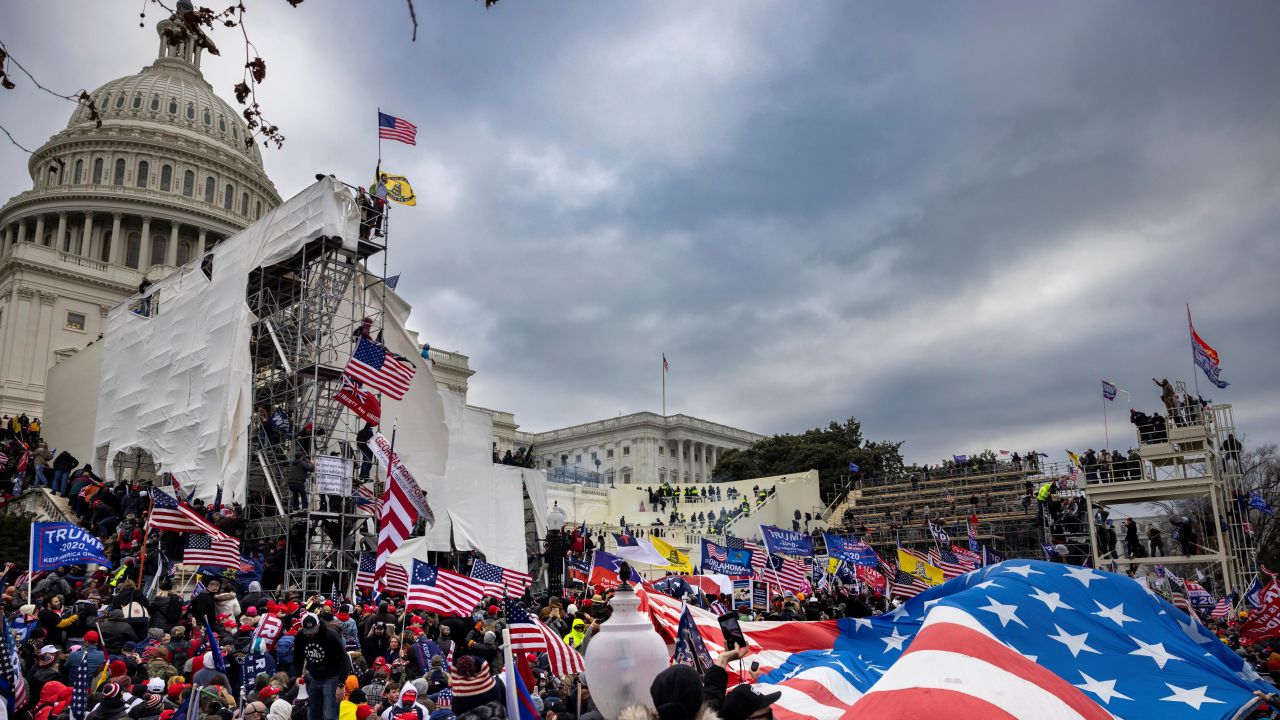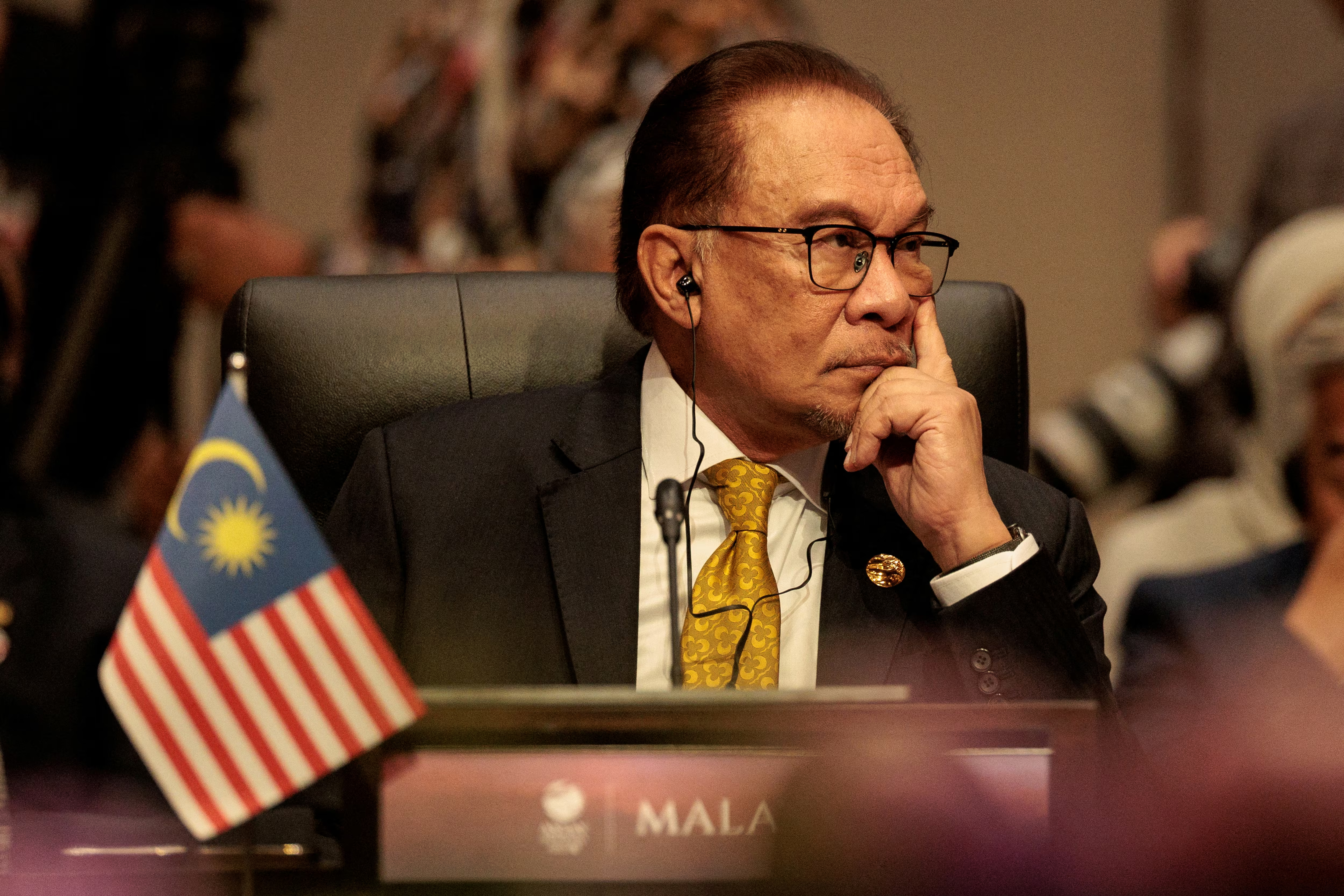The recent announcement of a US-China trade framework is raising eyebrows and alarms among labor advocates. While the leaders of both nations tout a new era of cooperation, the reality is that working families may pay the price for corporate interests. This deal, which allows for rare earth exports and eases tech restrictions, is another reminder that the needs of ordinary workers are often sidelined in favor of capital gains.
Trade Framework Paves the Way for Corporate Profits
According to Reuters, the framework includes an agreement for the U.S. to cancel a range of existing restrictive measures against Beijing. This is being celebrated by Wall Street and corporate executives as a victory, but for the workers who make up the backbone of these industries, the implications are dire. The easing of restrictions on rare earth elements—which are critical for manufacturing everything from smartphones to electric vehicles—could lead to increased job displacement and wage stagnation.
Workers Left Behind in Trade Negotiations
The White House"s optimistic portrayal of these negotiations glosses over the fact that labor rights and protections are often the first casualties in such deals. As reported by Bloomberg, while rare earths are indeed a crucial bargaining chip, the implications for workers are profound. The trade deal fails to address the core issues that affect the livelihoods of thousands of workers in both the U.S. and China, who are often caught in the crossfire of economic policies favoring large corporations.
\n\n
This is what we learned from Capitol riot hearing
Corporate Gains vs. Worker Rights
As negotiations unfold, it is essential to recognize that the U.S. and China are leveraging these rare earths as “a crucial bargaining chip in future negotiations,” as noted by Alfredo Montufar-Helu, a senior advisor at The Conference Board. This approach prioritizes corporate interests over the basic rights of workers, who deserve fair wages and job security. The lack of transparency around which specific restrictions will be lifted raises concerns about how this will impact local economies and job markets.
Union Voices Demand Accountability
Union leaders and labor advocates are calling for greater accountability from both governments. They argue that any trade agreement must include protections for workers, ensuring that job losses and wage reductions do not become the collateral damage of corporate negotiations. The silence on this front is deafening, and the stakes are too high for working families to remain voiceless. A statement from the AFL-CIO emphasizes that "workers must have a seat at the table" during these discussions, underscoring the need for labor rights to be a focal point of any trade deal.
\n\n
Malaysia to ban export of rare earths to boost domestic ...
Call to Action for Economic Justice
This trade deal sets a dangerous precedent, potentially endangering the rights of workers while enriching the elite. The continual prioritization of corporate interests over the welfare of employees must be challenged. It is imperative that workers unite to demand fair labor standards, transparent negotiations, and robust protections against the adverse effects of trade agreements.
As we navigate this complex landscape, it"s crucial for citizens to stay informed and engaged. Advocacy for economic justice and labor rights is not just a matter of policy; it"s a matter of survival for millions of workers. Without a concerted effort to uplift the voices of those who are most affected by these agreements, we risk perpetuating a cycle of exploitation that benefits only a select few.



![[Video] Gunfire between Iraqi security forces and Sadr militias in Baghdad](/_next/image?url=%2Fapi%2Fimage%2Fthumbnails%2Fthumbnail-1768343508874-4redb-thumbnail.jpg&w=3840&q=75)
